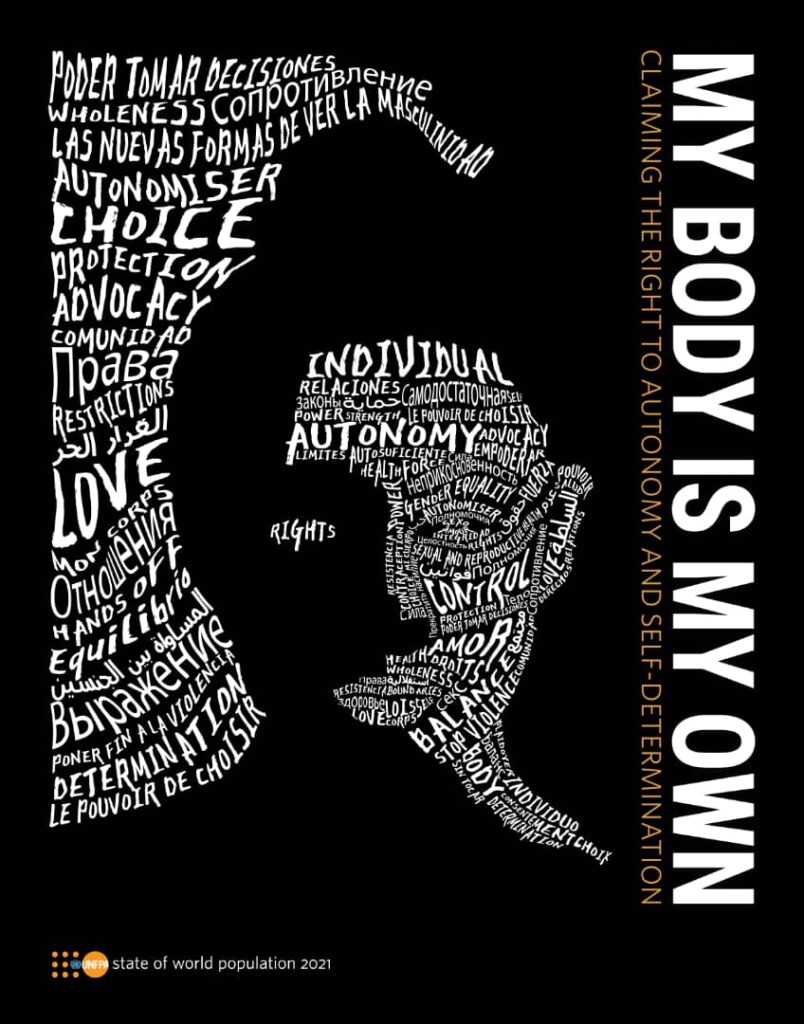Body autonomy is a fundamental human right that has not yet found its grounding. This concept in its simple terms means that we have a right to do whatever we like with our bodies. As extreme this concept might sound, it has its pros and cons.
Body autonomy is an important determinant in deciding what reproductive rights are. Reports have it that the concept of reproductive rights have been deteriorating over the years because of the factors of religion, culture and even education. The opposite of body autonomy is reproductive coercion.
While this concept might sound extreme, its pros are really essential to women for their total freedom. Some women are coerced into reproductive implications they want no part of.
Body autonomy as a fundamental human right
Bodily autonomy is the fundamental right to govern one’s own body, life, and future, free from coercion, violence, and external control. This inherent right encompasses the freedom to make choices regarding one’s physical and reproductive well-being.
The concept of bodily autonomy has deep roots in human rights history. Pioneering suffragist Susan B. Anthony eloquently articulated this principle, asserting “the sacred right of a woman to her own person.”
This foundational right is essential for individuals, particularly women, to exercise self-determination and agency over their lives.
Bodily autonomy allows individuals to decide whether to engage in sexual activity, choose family planning methods, and access healthcare services and medical care.
Recognizing and protecting this right is crucial for promoting human dignity, equality, and overall well-being.
Why does body autonomy mostly concern women?
The concept of body autonomy, predominantly advocated for by women, is crucial for ensuring women’s control over their reproductive choices. Women bear the physical and emotional burden of pregnancy, making body autonomy essential for deciding whether to carry a pregnancy to term.
Restrictive reproductive rights, including abortion bans, infringe upon this autonomy, exposing women to forced pregnancies, reproductive coercion, and violence.
For survivors of rape, restrictive rights deny them the agency to eliminate reminders of their trauma. Moreover, societal pressures against birth control perpetuate women’s dependence on men, limiting financial independence and trapping them in potentially abusive relationships.
Body autonomy is also closely tied to sexual agency, allowing individuals to choose their intimate partners and consent to sexual activity. This fundamental right makes rape and marital rape recognizable offences.
Access to quality healthcare is another vital aspect of body autonomy. Women deserve competent care during childbirth, especially in developing countries where maternal mortality rates remain alarmingly high.
Ultimately, body autonomy is fundamental to women’s empowerment, well-being, and equality. Denying women control over their bodies perpetuates inequality, violence, and preventable maternal mortality.



